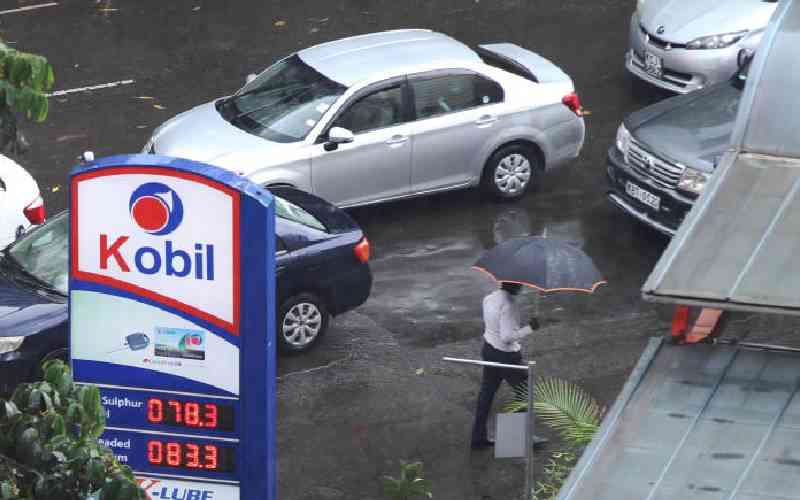×
The Standard e-Paper
Join Thousands Daily

The proposal to increase value-added tax (VAT) on fuel has reignited concerns over the high taxes on petroleum, with Kenyans holding the view that the products are the first port of call whenever the government is seeking to grow revenues.
Motorists are currently paying Sh63.86 as taxes and levies per litre of super petrol, which accounts for 36 per cent of the retail price of the fuel at Sh179.3 a litre in Nairobi.